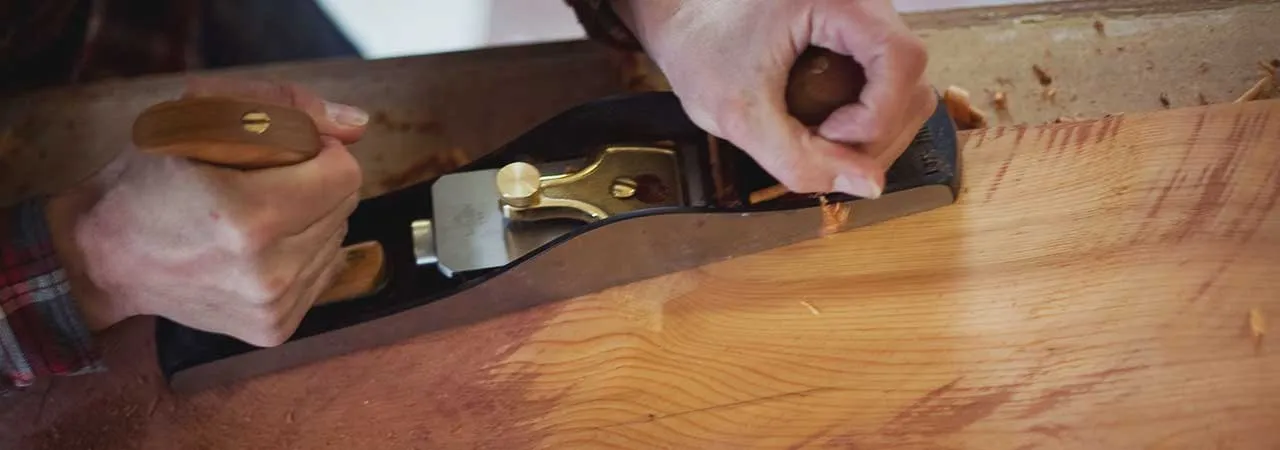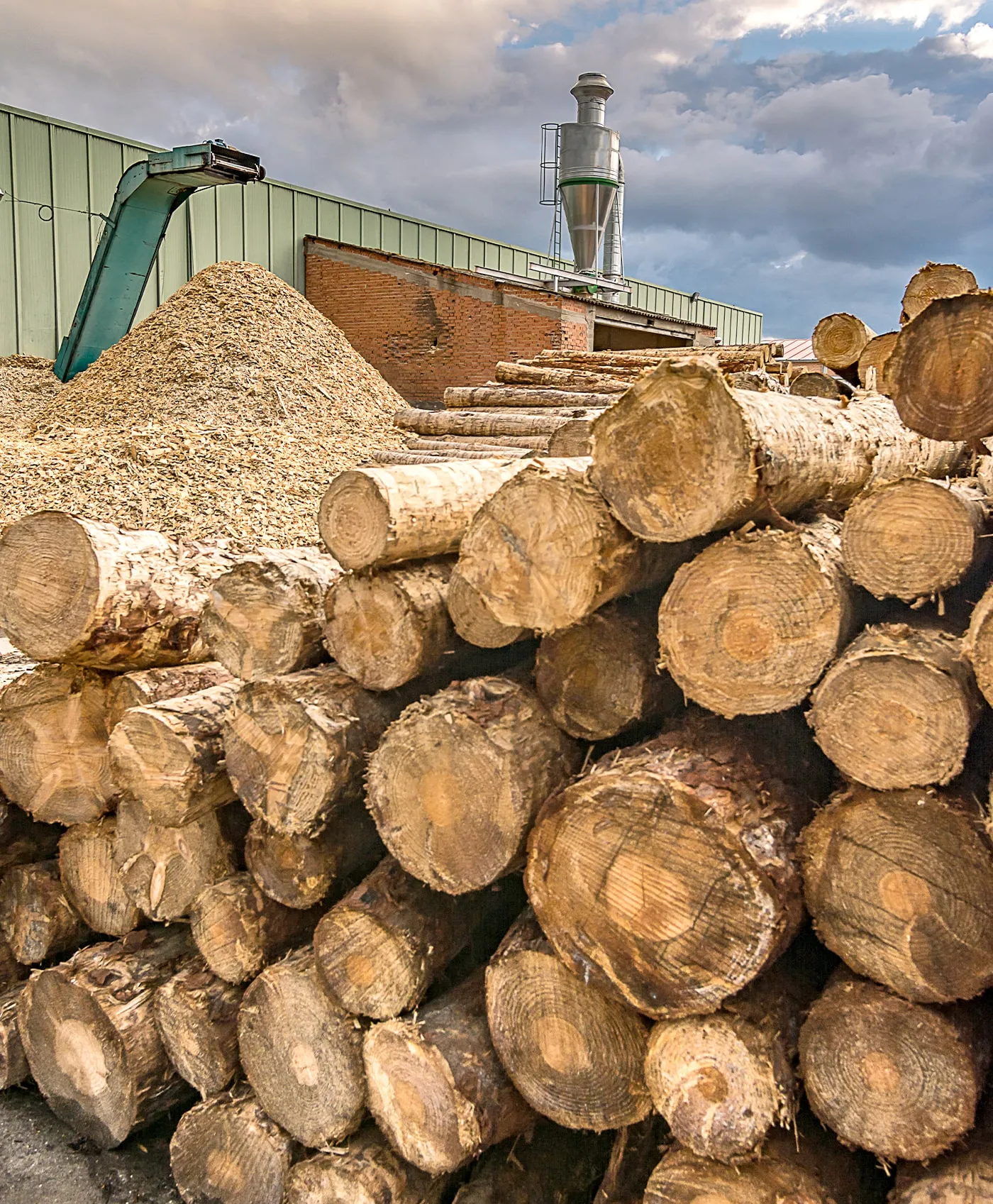
Clean Wood Waste
CWWR Business Group supports the recycling of a broad range of clean wood waste from coniferous and deciduous sources, including:
- Trees (Branches, Stumps, Logs, Roots, Burls)
- Bark and Slashing Foliage
- Forest Residues and Mountain Pine Beetle Infested Trees
Manufactured Wood Products
We advocate for the recycling of various manufactured wood products from construction and demolition, which include:
- Construction Demolition Wood, Wooden Furniture, Painted Wood
- Wooden Blocks, Beams, Wood Doors, Ties, Posts
- Dunnage, Pallets, Crates, Wooden Cable Spools, Reels
- Access Mats, Rig Mats, Crane Mats, Outrigger Swamp Pads, Timber Mats
- Timber Bridges, Used Barn Wood, Old Wood Slabs, Edgings, Off-Cuts
- OSB, MDF, Particleboard, Plywood, Sander Dust, Sawdust, Chips
- Shavings, Veneer Clippings and Waste, Panel Trim, Dimensional Lumber, Wood Shingles

Treated Wood Products:
The reuse and recycling of chemically treated wood products, such as Railway Ties and Utility Poles, present unique challenges due to their classification as hazardous Class I Landfill waste. In collaboration with government and institutional partners, CWWR is actively involved in research to develop closed-loop practices for utilizing these materials safely as reusable products or biomass waste-to-energy fuels.
Canadian Treated Wood Industry Chemical Preservatives Types:
- ACZA – Ammoniacal Copper Zinc Arsenate
- CCA – Chromated Copper Arsenate
- CCA-ET – Chromated Copper Arsenate-Emulsion Treated
- Creo – Creosote (a variable mixture produced from 50% coal tar creosote, 50% petroleum oil)
- CuN – Copper Naphthenate
- Penta – Pentachlorophenol
The Challenge of Recycling Chemically Treated Wood Waste:
The disposal and recycling landscape for chemically treated wood waste in Canada is evolving rapidly, driven by advancements in technology and increased governmental interest. CWWR is at the forefront, guiding its members towards economically viable and environmentally sound recycling practices for these materials.
Disclaimer: Our research partnerships are composed of voluntary businesses committed to identifying the best technologies to divert Class I Landfill Treated Wood waste materials and implement effective reuse solutions, pending approval from private, provincial, and federal governmental bodies.

